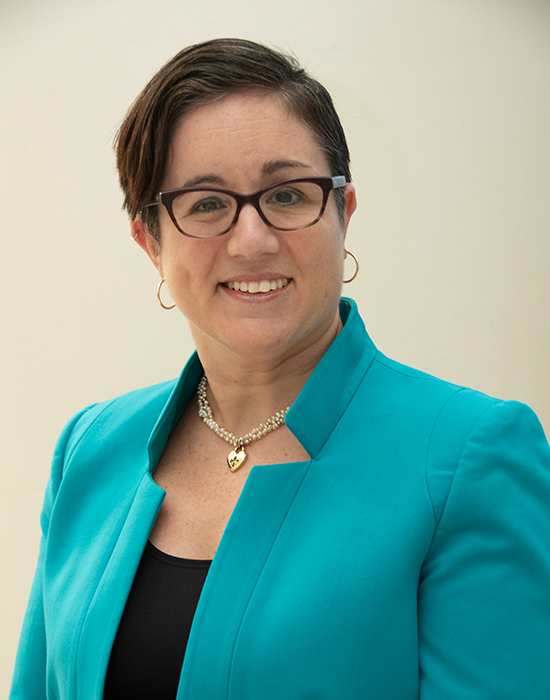Media contact: Yvonne Taunton
 Julie Kanter, M.D.Julie Kanter, M.D., associate professor and co-director of the University of Alabama at Birmingham Lifespan Comprehensive Sickle Cell Center, has been awarded a five-year, $7.7 million grant by the National Institute of Health to help eliminate barriers to care for those with sickle cell disease.
Julie Kanter, M.D.Julie Kanter, M.D., associate professor and co-director of the University of Alabama at Birmingham Lifespan Comprehensive Sickle Cell Center, has been awarded a five-year, $7.7 million grant by the National Institute of Health to help eliminate barriers to care for those with sickle cell disease.
Kanter received the grant for her project, “Recruitment and Engagement in Care to Impact Practice Enhancement (RECIPE) for Sickle Cell disease.” Kanter co-leads the endeavor with several other investigators around the United States. They will use the grant to focus on finding and recruiting people with sickle cell who are currently unaffiliated from care and understanding their barriers to their care.
Up to 50 percent of affected adults may not see sickle cell disease (SCD) specialists, which limits the delivery of disease-specific screenings and treatment with disease modifying therapies. Issues worsen for individuals living in rural regions or with socioeconomic challenges.
“People not getting the care they need is a major issue for all people with health disparities but especially those with a stigmatizing disease,” Kanter said. “Our goal with this project is to reduce the science-to-practice gap in SCD by identifying individuals who are not receiving guideline based SCD care.”
Kanter’s project will emphasize the readiness of health systems to serve traditionally underserved populations and sustainability of this work in these areas. The researchers will advance efforts to identify and link unaffiliated patients to SCD specialists by applying implementation science research to adapt existing methods used in human immunodeficiency virus (HIV) care.
“Similar to SCD, individuals with HIV have faced significant healthcare stigma causing reciprocal misgivings about healthcare,” Kanter said. “In this project, we will adapt models for patient identification and engagement in HIV to SCD using a multi-staged, patient-oriented process.”
The Lifespan Comprehensive Sickle Cell Center is part of the Marnix E. Heersink School of Medicine’s Department of Medicine Division of Hematology and Oncology